Home>Interior Design>What Not To Put In A Dishwasher, According To Experts


Interior Design
What Not To Put In A Dishwasher, According To Experts
Modified: August 17, 2024
Discover what interior design experts recommend avoiding when loading your dishwasher for optimal performance and longevity. Learn the dos and don'ts now!
(Many of the links in this article redirect to a specific reviewed product. Your purchase of these products through affiliate links helps to generate commission for Storables.com, at no extra cost. Learn more)
Introduction
When it comes to cleaning our kitchen items, the dishwasher is often our go-to appliance. It’s efficient, convenient, and saves us valuable time and effort. However, not everything is suitable for the dishwasher. Putting the wrong items in the dishwasher can result in damage or even ruin our beloved possessions.
That’s why it’s essential to know what not to put in a dishwasher. To help you avoid any potential mishaps, we’ve consulted experts in the field of interior design who have deep knowledge of kitchenware. In this article, we’ll explore the items that experts recommend keeping away from the dishwasher to ensure their longevity and overall quality.
From delicate glassware to cherished family heirlooms, there are certain kitchen items that require special care and attention. Let’s dive into the details and find out what these experts have to say about what not to put in a dishwasher.
Key Takeaways:
- Preserve the beauty and longevity of delicate kitchen items like glassware, crystal, wooden utensils, and fine china by handwashing them to avoid damage from the harsh conditions of the dishwasher.
- Exercise caution with nonstick cookware, aluminum, copper, silverware, and plastics, as they may not withstand the dishwasher’s heat and detergents, leading to potential damage and reduced lifespan.
Glassware and Crystal
Glassware and crystal items are some of the most delicate and beautiful pieces in our kitchen collections. From wine glasses to fancy champagne flutes, these items require special attention when it comes to cleaning. Experts advise against putting them in the dishwasher due to the high heat, harsh detergents, and strong water pressure that dishwashers use.
The hot water and intense temperature fluctuations in the dishwasher can cause glassware and crystal to crack or even shatter. Additionally, the abrasive nature of dishwasher detergents can damage the delicate surface of these items, leaving them cloudy or scratched.
Instead, it’s best to hand wash glassware and crystal using warm water, a mild detergent, and a soft sponge or cloth. Gently rinse and dry them with a soft, lint-free towel to avoid any water spots or residue. This method will help preserve the clarity and beauty of your glassware and crystal for years to come.
If you prefer the convenience of using a dishwasher, opt for a delicate or glassware-specific cycle that uses lower heat and gentler water pressure. However, it’s still important to check the manufacturer’s instructions, as some glassware and crystal may still not be suitable for machine cleaning.
By taking these extra precautions, you can ensure that your glassware and crystal items maintain their elegant appearance and serve as a source of joy during your dining experiences.
Wooden Utensils and Cutting Boards
Wooden utensils and cutting boards are prized possessions in many kitchens. They have a natural beauty and can add warmth to any culinary space. However, these items require special care to maintain their longevity and prevent damage.
Experts unanimously agree that wooden utensils and cutting boards should not be put in the dishwasher. The high heat and moisture in the dishwasher can cause the wood to warp, split, or crack. Additionally, the harsh detergents used in dishwashers can strip the natural oils from the wood, which are essential for preserving its quality and preventing it from drying out.
To properly clean wooden utensils and cutting boards, it’s best to wash them by hand using warm water and a mild soap or detergent. Scrub them gently with a non-abrasive brush or sponge, making sure to remove any food residue. After washing, rinse them thoroughly and dry them with a clean towel. It’s important to let the wooden items air dry completely before storing them to prevent moisture buildup.
To maintain the quality of your wooden utensils and cutting boards over time, it’s also recommended to regularly treat them with food-safe mineral oil or beeswax. This helps to nourish the wood, restore its natural oils, and create a protective barrier against moisture and bacteria.
By following these simple steps, you can prolong the life of your wooden utensils and cutting boards and keep them looking beautiful and functional for many years.
Cast Iron Cookware
Cast iron cookware has been a staple in kitchens for centuries due to its durability and excellent heat retention properties. However, when it comes to cleaning, cast iron requires special care to maintain its seasoned surface and prevent rusting. Experts strongly advise against using the dishwasher for cast iron cookware.
The dishwasher’s harsh detergents and high heat can strip away the important seasoning on cast iron, which is a thin layer of oil that gives it its nonstick properties and helps prevent food from sticking. Moreover, the water and moisture in the dishwasher can lead to rust formation on the cast iron surface.
To clean your cast iron cookware effectively, it’s recommended to hand wash it using a mild dish soap or cleaning solution specifically designed for cast iron. Use a non-abrasive brush or sponge to gently scrub away any food residue. It’s important to avoid using harsh scrubbers or abrasive materials that can damage the seasoning.
Rinse the cookware thoroughly with warm water and wipe it dry with a clean towel. To prevent rusting, it’s crucial to ensure that the cookware is completely dry before storing it. You may want to place it on a stovetop burner for a few minutes to ensure all moisture has evaporated.
To maintain the seasoning of your cast iron cookware, it’s advisable to periodically season it with a small amount of oil. Apply a thin layer of vegetable or canola oil to the surface and heat it on low heat for a few minutes. This helps to replenish the protective coating and keep your cast iron cookware in excellent condition.
By avoiding the dishwasher and following these simple cleaning and maintenance tips, you can enjoy the benefits of your cast iron cookware for a lifetime.
Nonstick Cookware
Nonstick cookware has become incredibly popular in modern kitchens due to its convenience and easy cleanup. However, when it comes to cleaning nonstick surfaces, it’s important to handle them with care to avoid damaging the coating. As a result, experts recommend avoiding the dishwasher for nonstick cookware.
The high heat and harsh detergents in the dishwasher can cause the nonstick coating to deteriorate over time. It can lead to chipping, peeling, or scratching of the nonstick surface, rendering it less effective and potentially exposing the underlying metal.
For optimal maintenance and longevity of your nonstick cookware, it’s best to hand wash it. Use warm water and a mild dish soap or detergent. Gently scrub the surface with a soft sponge or cloth, avoiding abrasive materials that can scratch the coating.
Rinse the cookware thoroughly and dry it with a soft towel before storing. It’s essential to ensure that the nonstick surface is completely dry to prevent any moisture from causing damage or mold growth.
When cooking with nonstick pans, it’s also crucial to use non-metal utensils to avoid scratching the coating. Opt for silicone, wood, or plastic utensils that are specially designed for use with nonstick surfaces. Metal utensils can easily damage the coating, compromising the nonstick properties.
If you’re using a dishwasher out of convenience, it’s recommended to check the manufacturer’s instructions for your specific nonstick cookware. Some higher-quality nonstick pans may be labeled as dishwasher-safe, but generally, it’s best to err on the side of caution and hand wash them to preserve the nonstick qualities.
By taking proper care of your nonstick cookware, you can prolong its lifespan and continue to enjoy its convenience and effortless cooking experience.
Read more: What Not To Put In A Dishwasher
Fine China
Fine china is often considered to be the epitome of elegance and sophistication. Whether it’s an heirloom passed down through generations or a cherished wedding gift, fine china holds sentimental value and requires special care. Experts strongly advise against putting fine china in the dishwasher.
The high heat and rigorous water pressure of dishwashers can cause fine china to chip, crack, or even break. The delicate nature of the porcelain or bone china material makes it vulnerable to damage when exposed to such conditions.
To maintain the pristine appearance of your fine china, it’s recommended to hand wash it using a gentle dish soap or detergent. Fill the sink with warm water and submerge each piece individually. Use a soft sponge or cloth to clean the surface, being careful not to apply too much pressure.
Rinse each piece thoroughly with clean water and dry them immediately with a soft, lint-free towel. Avoid letting them air dry, as water spots may form and affect the overall appearance of the china. Additionally, it’s important to handle each piece with care to prevent accidental drops or bumps.
When it comes to storing your fine china, consider using cushioned dividers or soft cloth between each piece to prevent them from scratching or chipping. Keep them in a secure and dust-free cabinet away from direct sunlight or extreme temperature fluctuations.
While the dishwasher may seem like a convenient option, handwashing is the safest and most effective method for preserving the delicate beauty of your fine china. By dedicating a little extra time and effort, you can ensure that your fine china remains a cherished part of your family traditions and special occasions for years to come.
Never put wooden items, delicate glassware, cast iron, or non-stick pans in the dishwasher. These items can be damaged or lose their effectiveness. Always check the manufacturer’s instructions for specific items.
Plastic Containers
Plastic containers are kitchen essentials for storing leftovers, meal prepping, and organizing pantry items. While they are convenient and versatile, not all plastic containers are suitable for the dishwasher. It’s important to understand the type of plastic and its dishwasher-safety before loading them in.
Experts advise against putting plastic containers in the dishwasher unless they are specifically labeled as dishwasher-safe. The high heat and aggressive water jets in the dishwasher can cause certain types of plastic to warp, melt, or release harmful chemicals into your food.
It’s crucial to check the bottom of your plastic containers for the dishwasher-safe symbol, often represented by plates or water droplets. This indicates that the plastic is designed to withstand the dishwasher’s conditions without compromising its structural integrity or safety.
For plastic containers that are not labeled as dishwasher-safe, it’s best to hand wash them. Use warm water and a mild dish soap or detergent. Gently scrub the surface to remove any food residue, and rinse thoroughly.
Additionally, it’s important to avoid using abrasive sponges or brushes that can scratch the plastic or remove any protective coatings. These coatings may provide additional resistance to staining or odors, and dishwasher cycles can diminish their effectiveness.
When drying plastic containers, make sure to air dry them completely before storing them. Moisture trapped in the container can promote bacterial growth and lead to unpleasant odors.
Furthermore, it’s worth noting that certain types of plastic, such as polyvinyl chloride (PVC), should never be placed in the dishwasher, as they can release harmful chemicals when exposed to high heat and detergents. It’s always recommended to follow the manufacturer’s instructions and guidelines for proper care and maintenance of your plastic containers.
While dishwasher-safe plastic containers provide convenience, it’s essential to exercise caution and follow proper care instructions to ensure their longevity and safety.
Aluminum and Copper Items
Aluminum and copper items are popular choices for cookware and kitchen accessories due to their excellent heat conductivity and durability. However, it’s important to exercise caution when it comes to cleaning and maintaining these materials. Experts strongly advise against putting aluminum and copper items in the dishwasher.
Dishwashers can cause aluminum to oxidize and discolor, resulting in a dull and tarnished appearance. The harsh detergents and high heat used in the dishwasher can also strip away any protective coatings on copper items, leading to corrosion or a loss of their lustrous shine.
To properly clean aluminum and copper items, it’s best to hand wash them using warm water and a mild dish soap or detergent. Use a soft sponge or cloth to gently clean the surfaces, being careful not to use abrasive materials that can scratch or damage the metal.
Rinse the items thoroughly with clean water and dry them immediately with a soft towel. Moisture can promote the development of water spots or cause tarnishing on copper surfaces.
For copper items, it’s beneficial to periodically apply a copper cleaner or a mixture of vinegar and salt to restore their shine. Gently rub the mixture onto the copper surface, then rinse and dry thoroughly. This simple maintenance step will help keep your copper items looking their best.
When it comes to aluminum and copper cookware with nonstick coatings, it’s important to follow the care instructions provided by the manufacturer. Some nonstick coatings may withstand dishwasher use, but others may require handwashing to preserve their quality and functionality.
By avoiding the dishwasher and using proper cleaning techniques, you can keep your aluminum and copper items looking beautiful and ensure their long-lasting performance in your kitchen.
Silverware with a Decorative Design
Silverware with a decorative design is often cherished for its intricate details and elegant appearance. These pieces can elevate your dining experience and add a touch of luxury to any table setting. However, experts advise against putting silverware with a decorative design in the dishwasher.
The high heat, detergents, and water pressure in dishwashers can be harsh on delicate silverware. The decorative designs, such as engravings or intricate patterns, are susceptible to damage through the abrasive action of dishwasher cycles.
Furthermore, the dishwasher’s environment can cause silverware to tarnish more quickly. Silver is prone to tarnishing when exposed to high levels of moisture and certain chemicals, such as sulfur found in tap water. The combination of heat and moisture in the dishwasher accelerates this process.
To preserve the beauty and intricate details of your silverware with a decorative design, it’s best to hand wash them. Use warm water, a mild dish soap or detergent, and a soft sponge or cloth. Gently clean the surface, taking care not to scrub too vigorously or cause any scratches.
Rinse the silverware thoroughly with clean water and dry it immediately with a soft, lint-free cloth. To prevent tarnishing, store the silverware in a moisture-free environment, such as in a silverware chest or individually wrapped in anti-tarnish cloth or bags.
Another key tip to slow down tarnishing is to avoid contact with rubber or stainless steel. Rubber can contain sulfur compounds that accelerate tarnishing, while stainless steel can cause a reaction that leaves black marks on the silverware.
By handwashing and storing your silverware with a decorative design properly, you can maintain its lustrous appearance and enjoy its elegance for many years to come.
Non-Dishwasher Safe Plastics
Plastic containers and kitchen utensils are commonly used in our everyday lives for their versatility and convenience. However, it’s crucial to understand that not all plastics are safe for the dishwasher. Certain types of plastics can warp, melt, or release harmful chemicals when exposed to the high heat and harsh detergents used in dishwashers.
When it comes to non-dishwasher safe plastics, it’s vital to check the packaging or look for specific labels indicating their dishwasher compatibility. Plastics with a low melting point, such as polystyrene (PS) and polyethylene terephthalate (PET or PETE), are generally not suitable for dishwasher use.
Putting non-dishwasher safe plastics in the dishwasher can lead to deformation or even a complete loss of their original shape. This can affect the functionality and safety of the items.
For cleaning non-dishwasher safe plastics, it’s best to hand wash them using warm water and a mild dish soap or detergent. Use a soft sponge or cloth to gently scrub the surfaces, ensuring to remove any food residue. Rinse thoroughly with clean water and dry them with a soft towel before storage.
It’s important to note that some plastics, such as polypropylene (PP) and high-density polyethylene (HDPE), are considered dishwasher safe and can withstand the dishwasher’s conditions without any adverse effects. However, it’s always a good idea to double-check the manufacturer’s instructions to ensure dishwasher compatibility.
When in doubt about the dishwasher safety of particular plastic items, it’s best to err on the side of caution and hand wash them to avoid any potential damage or exposure to harmful chemicals.
By understanding which types of plastics are dishwasher safe and carefully handwashing non-dishwasher safe plastics, you can prolong the lifespan of your plastic items and maintain their integrity and safety.
Conclusion
Knowing what not to put in a dishwasher is essential for preserving the quality, appearance, and functionality of your kitchen items. Throughout this article, we’ve discussed the items that experts recommend keeping away from the dishwasher.
Delicate glassware and crystal can easily break or become cloudy when exposed to the high heat and strong water pressure in dishwashers. Wooden utensils and cutting boards may warp or crack, and their natural oils can be stripped away by dishwasher detergents.
Cast iron cookware and nonstick cookware should be hand-washed to prevent the degradation of their respective surfaces. Fine china deserves extra care to maintain its elegance and prevent any damage. Plastic containers, unless specifically labeled as dishwasher-safe, are best washed by hand to avoid warping or chemical leaching.
Similarly, aluminum and copper items can tarnish or corrode when subjected to the dishwasher’s conditions. Silverware with a decorative design and non-dishwasher safe plastics are better off being hand washed to protect their intricate details and prevent deformation or chemical exposure.
By following the expert advice and taking the time to hand wash these items, you can preserve their quality, beauty, and functionality for years to come. It’s important to remember that proper care and maintenance play a crucial role in extending the lifespan of our beloved kitchen items.
While the dishwasher is a convenient appliance, it’s not always suitable for all materials and designs. By being mindful of what not to put in a dishwasher, you can ensure that your kitchen items remain in excellent condition and continue to bring joy to your everyday cooking and dining experiences.
Frequently Asked Questions about What Not To Put In A Dishwasher, According To Experts
Was this page helpful?
At Storables.com, we guarantee accurate and reliable information. Our content, validated by Expert Board Contributors, is crafted following stringent Editorial Policies. We're committed to providing you with well-researched, expert-backed insights for all your informational needs.


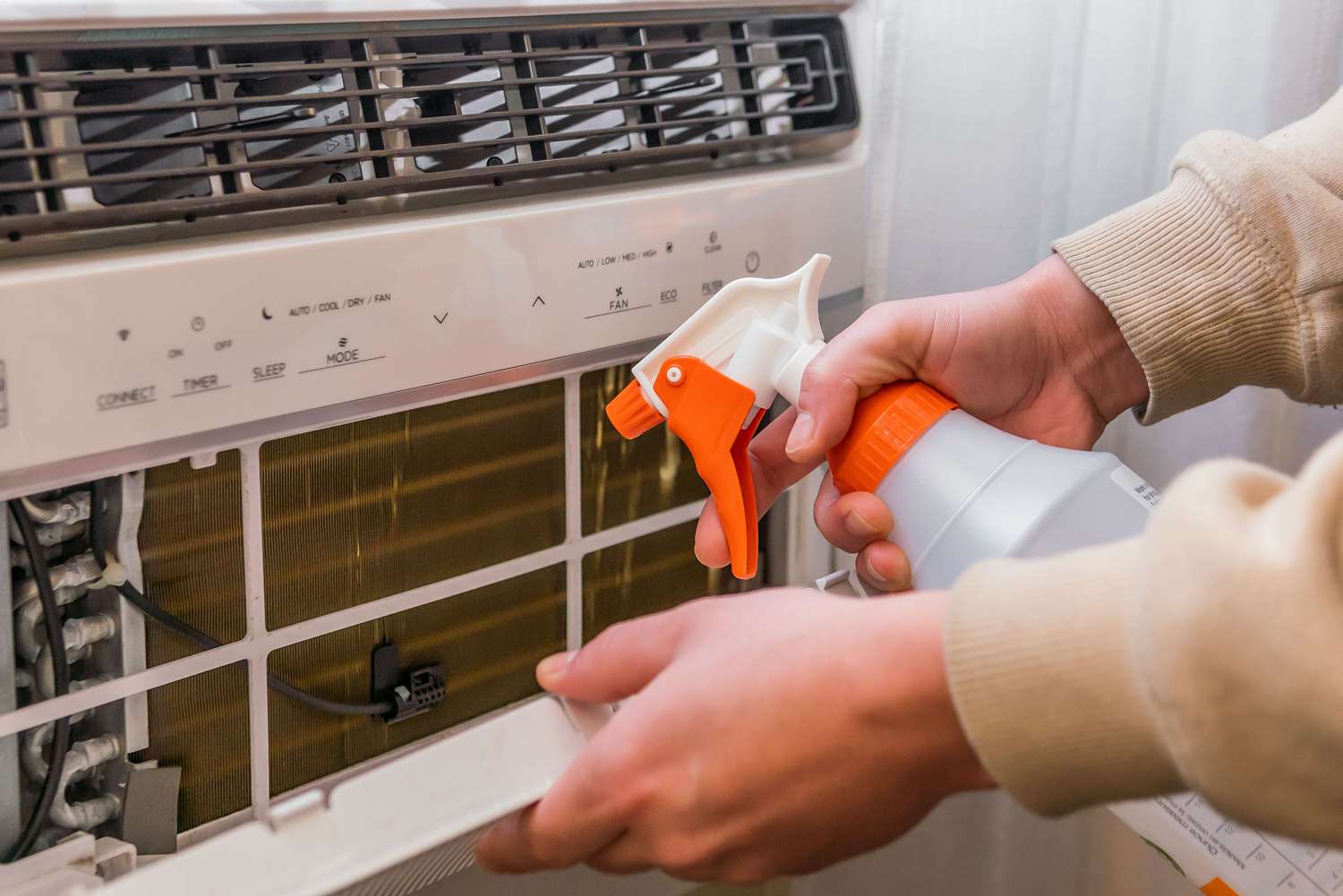
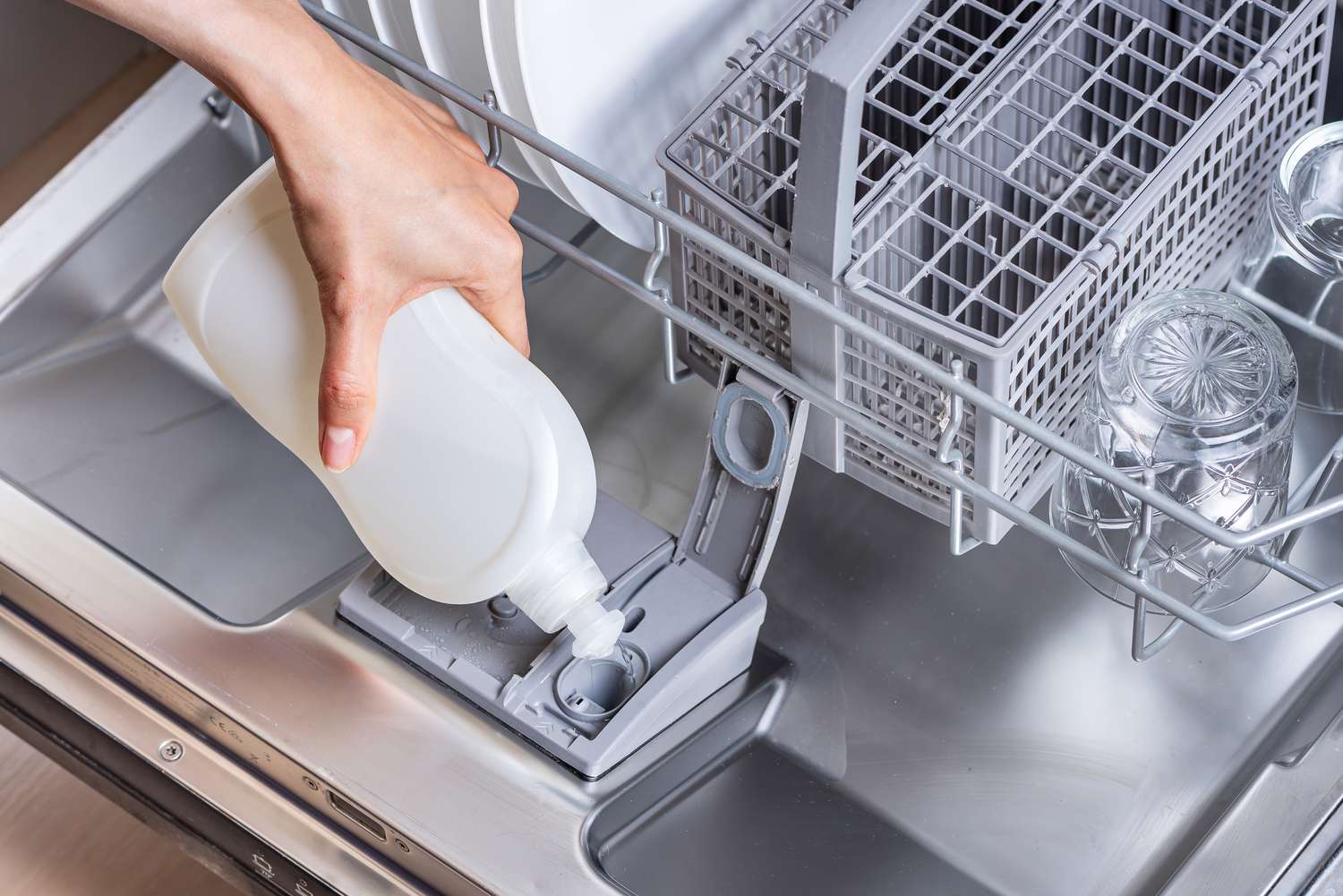
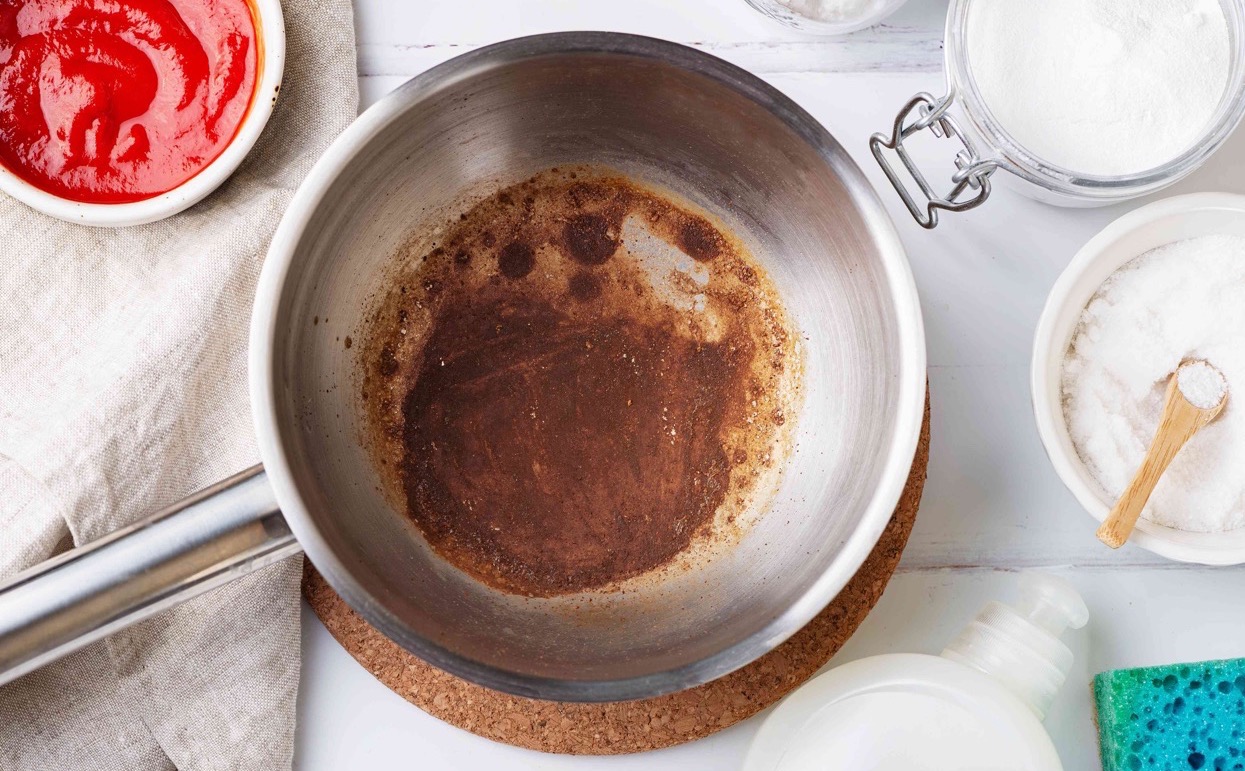



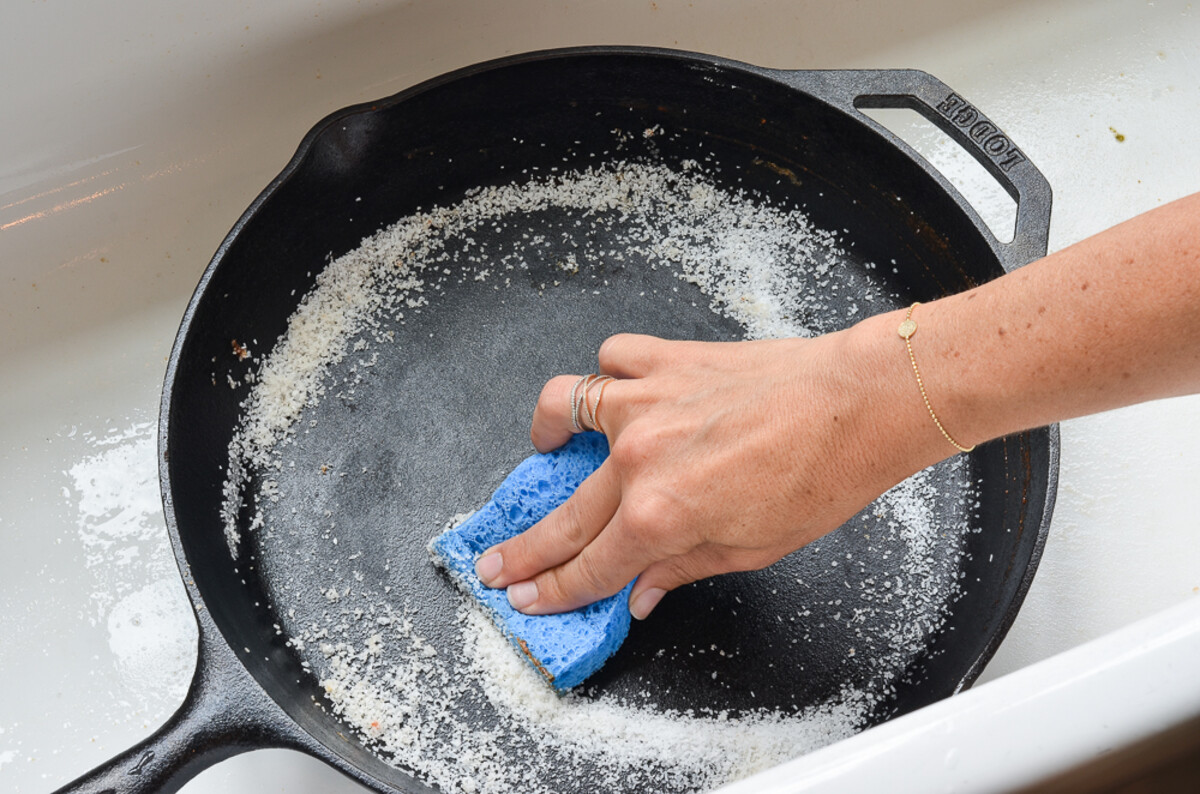
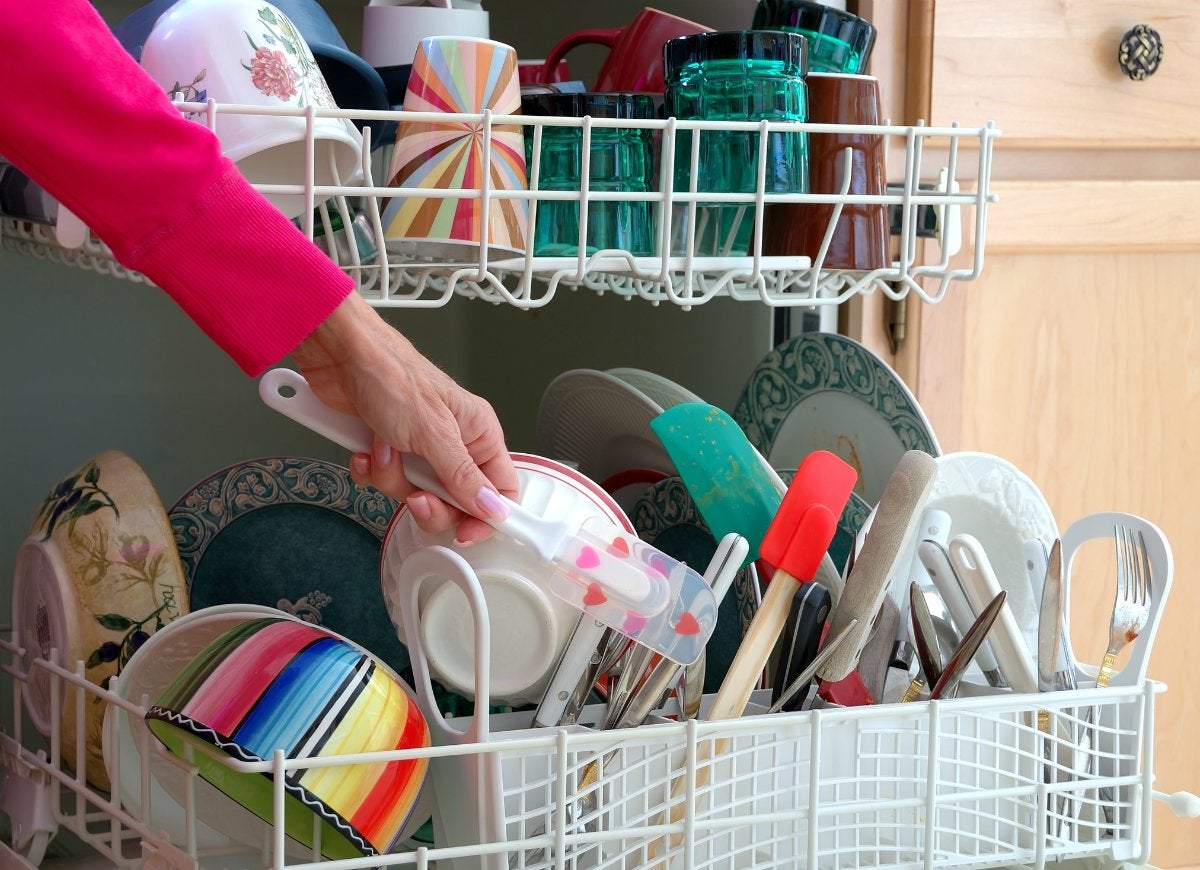
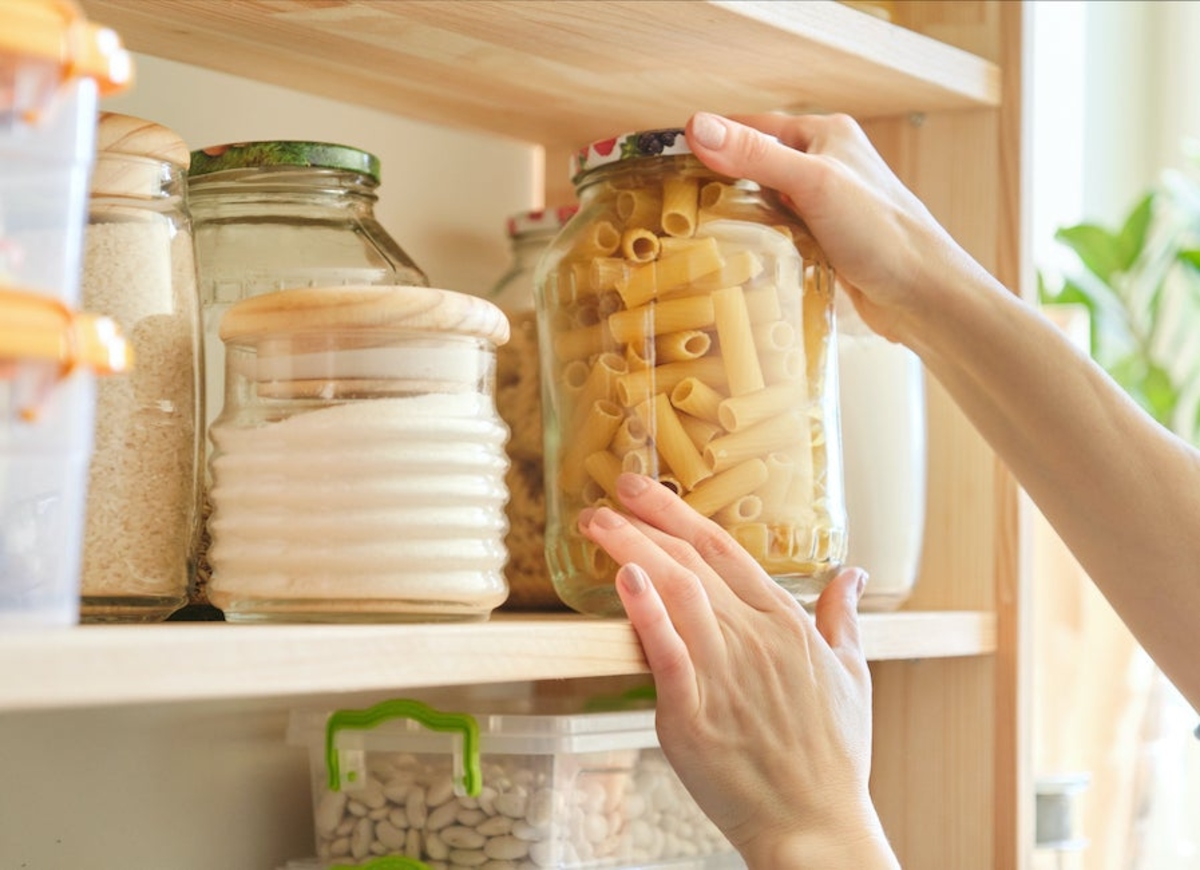



0 thoughts on “What Not To Put In A Dishwasher, According To Experts”